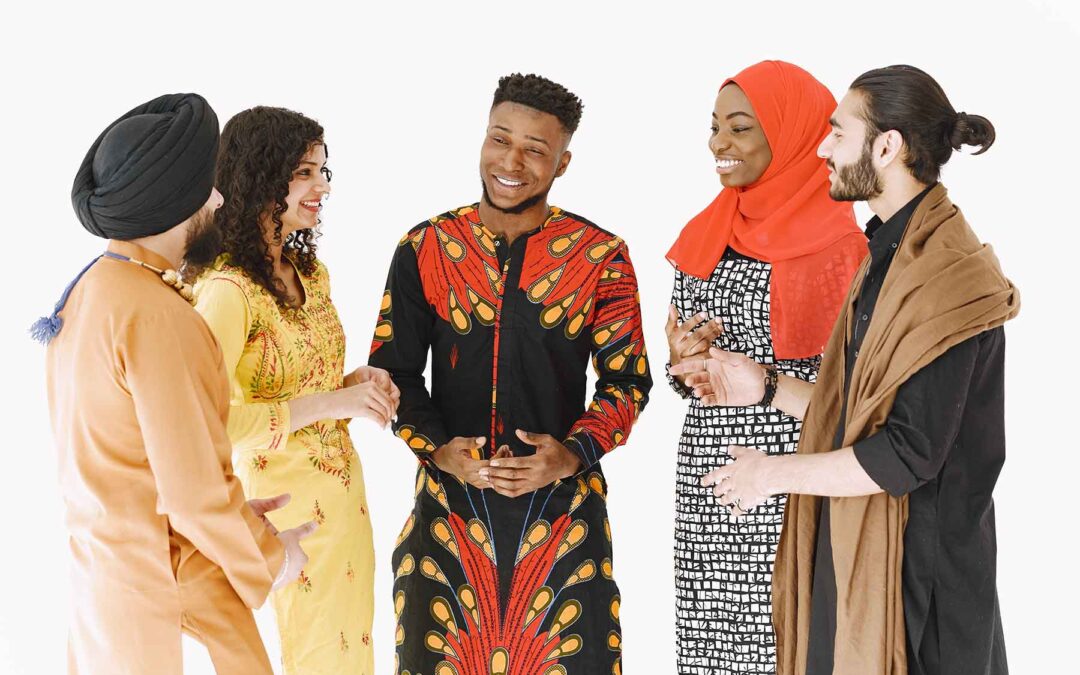Mediation is a process that involves resolving conflicts and disputes with the help of a neutral third party. It is a widely used method in various fields, including law, business, and international diplomacy. However, when it comes to mediation, it is essential to understand and work with cultural differences as they can significantly impact the effectiveness and success of the process.
Cultural differences refer to the diverse customs, beliefs, values, and behaviors that exist among individuals from different cultures. These differences can have a profound influence on how people perceive and approach conflict resolution. Therefore, mediators need to be aware of and sensitive to cultural nuances to facilitate effective communication and reach a mutually beneficial resolution.
The first step in understanding cultural differences in mediation is to recognize and acknowledge them. Mediators should familiarize themselves with the cultural backgrounds of the parties involved in the conflict. This can be done through research, consultations with experts, or even by asking the parties directly about their cultural expectations and preferences.
One crucial aspect of cultural differences is communication styles. Different cultures have various ways of expressing themselves and interpreting verbal and nonverbal cues. For instance, some cultures may value direct and assertive communication, while others may prioritize indirect and implicit communication. Mediators must adapt their communication style to accommodate these differences and ensure that everyone is understood and heard.
Moreover, cultural differences can also manifest in the perception of time, the importance of relationships, and the concept of fairness and justice. In certain cultures, punctuality may be highly valued, while in others, a more flexible approach might be acceptable. Similarly, some cultures prioritize maintaining and preserving relationships over the resolution of the conflict at hand. Mediators need to be mindful of these differences and navigate them skillfully to build trust and rapport with the parties involved.
In addition to understanding cultural differences, mediators should also be mindful of their own cultural biases. It is essential to reflect on one’s own cultural background and beliefs to avoid imposing them on the mediation process. Mediators should strive to be neutral, open-minded, and culturally sensitive to ensure an unbiased and respectful environment for all parties.
To effectively work with cultural differences in mediation, mediators can employ various strategies. Firstly, they should encourage open and respectful dialogue, allowing the parties to express their concerns, perspectives, and cultural expectations. Cultural factors, such as language barriers, interpersonal communication styles, and nonverbal cues, can significantly impact the effectiveness of communication during mediation. By actively listening and validating each party’s experiences, mediators can create a safe space for constructive communication. This, in turn, promotes empathy, reduces misunderstandings, and facilitates the bridging of cultural gaps.
Secondly, mediators should employ a flexible and adaptable approach to conflict resolution. They should be willing to modify mediation techniques and methods to accommodate the cultural differences at hand. For instance, if a particular culture values group consensus, the mediator may consider engaging community leaders or elders in the mediation process.
Thirdly, since mediation serves as a powerful tool in bridging cultural divides, fostering understanding, and building stronger relationships between diverse groups, Mediators should encourage parties to create lasting solutions. The aim of mediation is not only to resolve immediate conflicts but also to promote long-term solutions and prevent recurrences. By integrating cultural considerations into the mediation process, the solutions generated are more likely to be sustainable and durable. When cultural aspects are respected and incorporated into the resolution, parties are more likely to accept and comply with the outcomes, reducing the likelihood of future conflicts arising from cultural differences.
Lastly, mediators should promote cultural understanding and awareness among the parties involved. By highlighting commonalities and shared interests, mediators can bridge cultural gaps and foster a greater sense of empathy and cooperation. The mediator may also provide a platform for educating the parties about different cultural perspectives, norms, and customs, which can enhance their ability to resolve the conflict effectively.
In conclusion, cultural differences play a pivotal role in mediation. Mediators need to be equipped with a comprehensive understanding of various cultures to facilitate effective communication, build trust, and reach a successful resolution. By embracing cultural differences, mediators can create a harmonious environment that promotes understanding, cooperation, and respect among all parties involved.
This article was written by Nathalia Odidika-Esezobor

